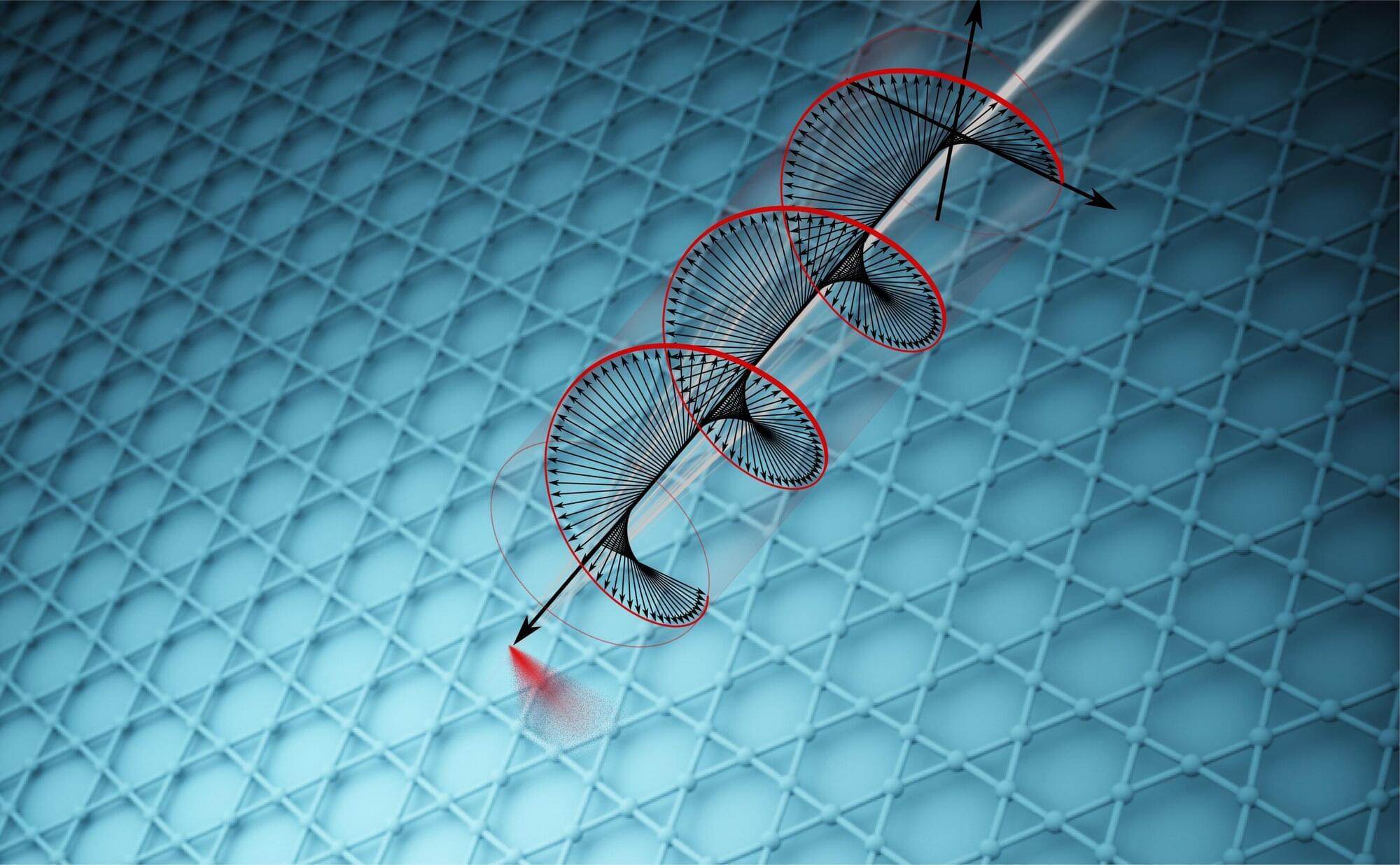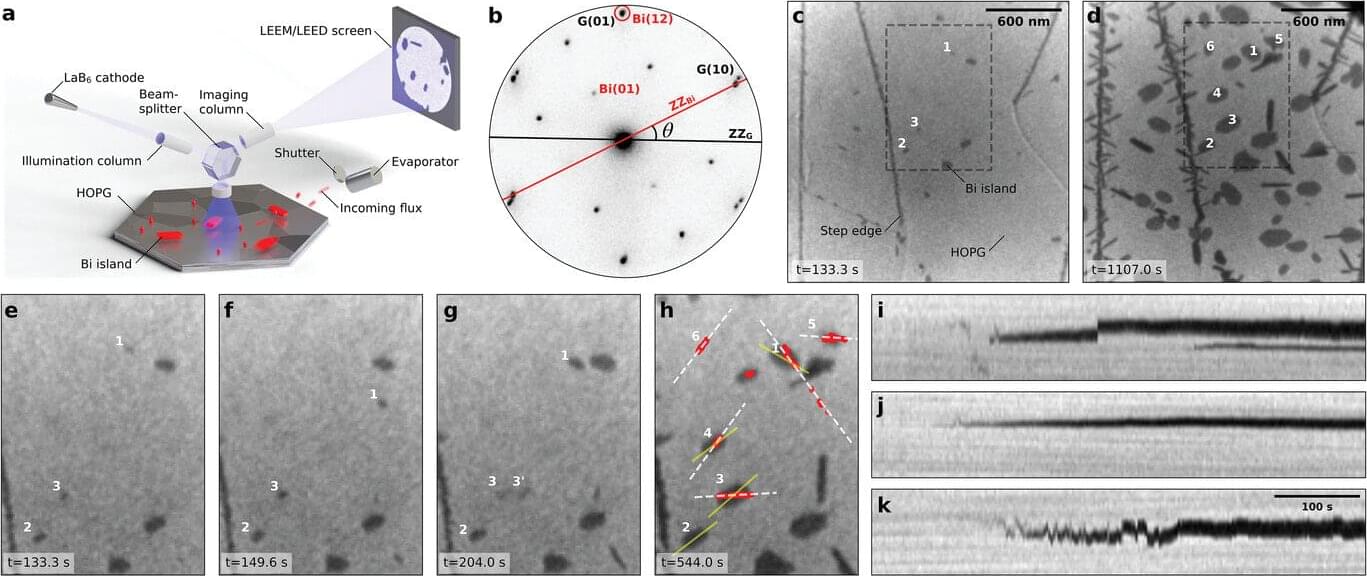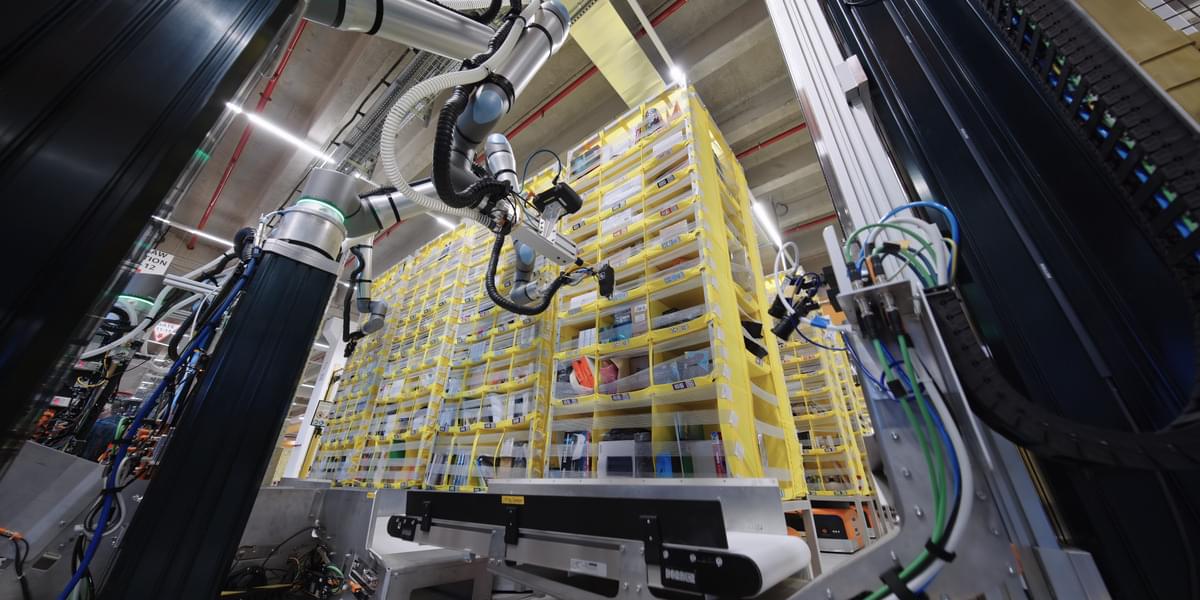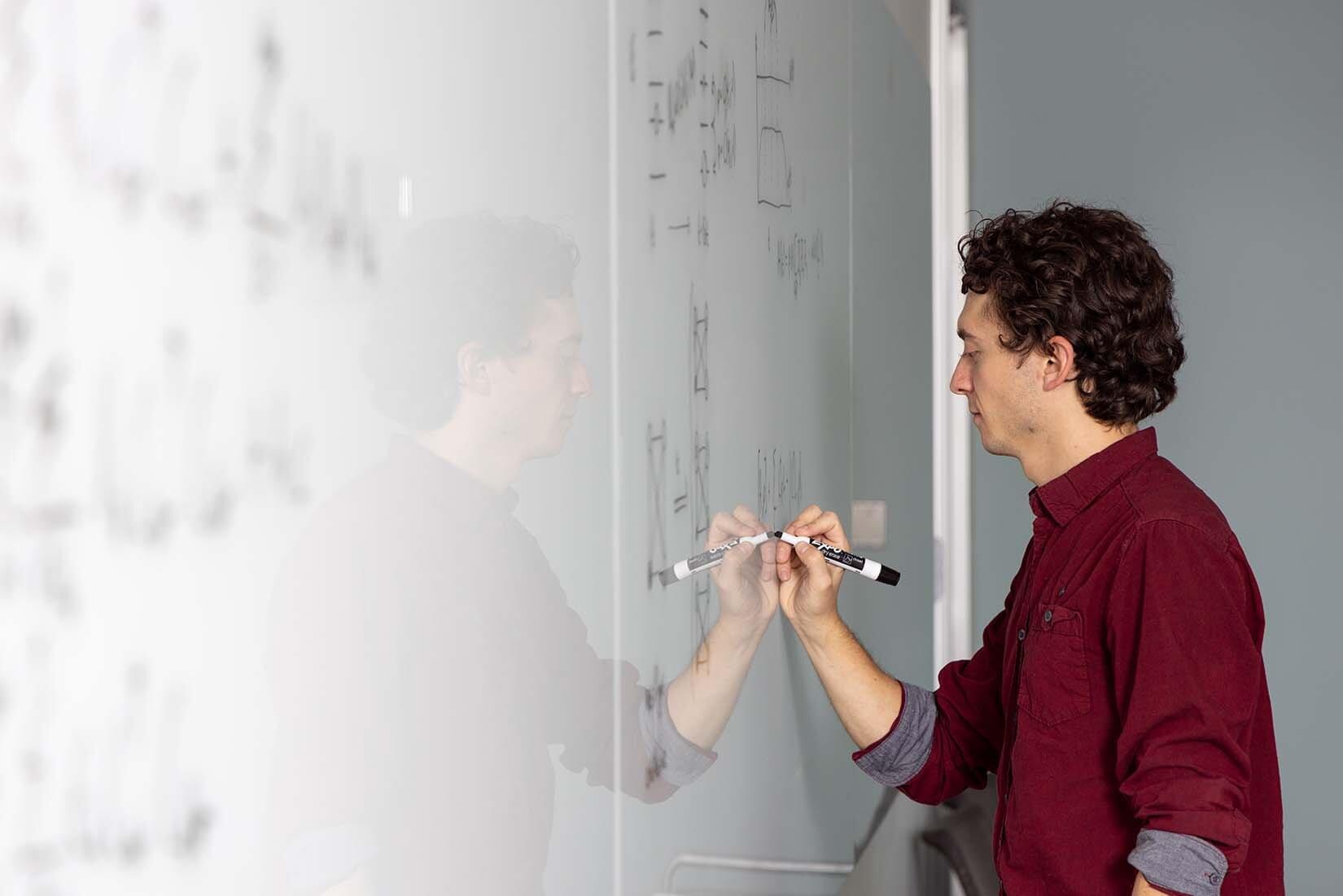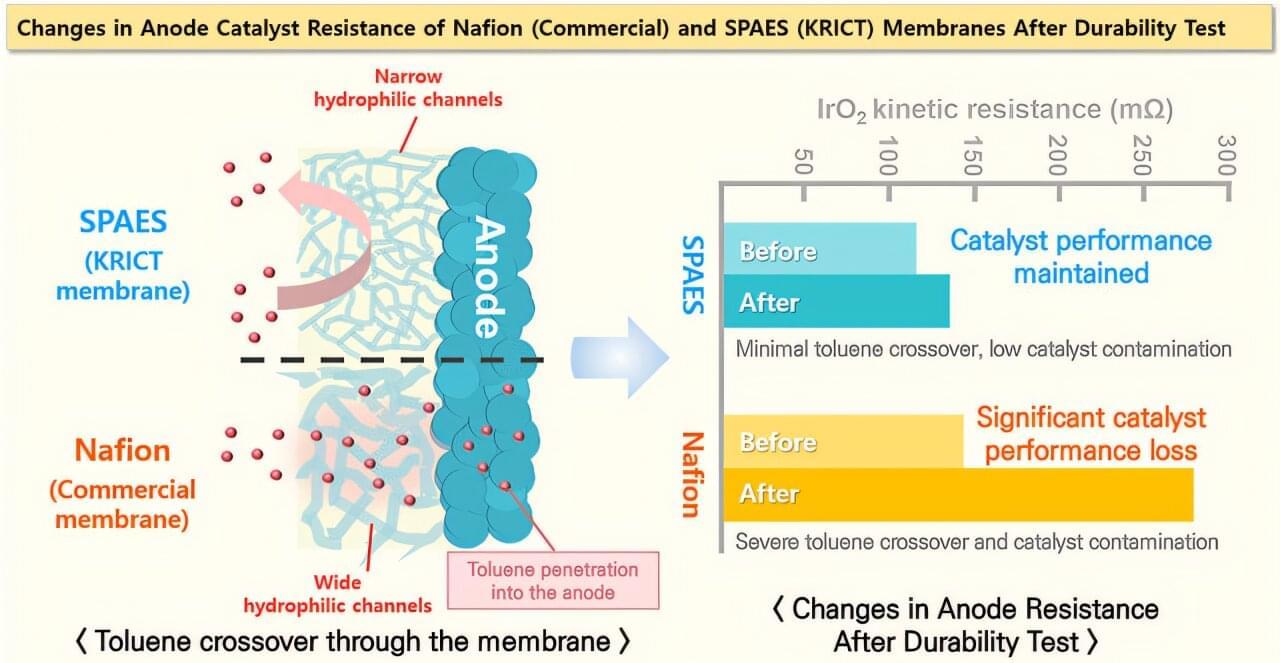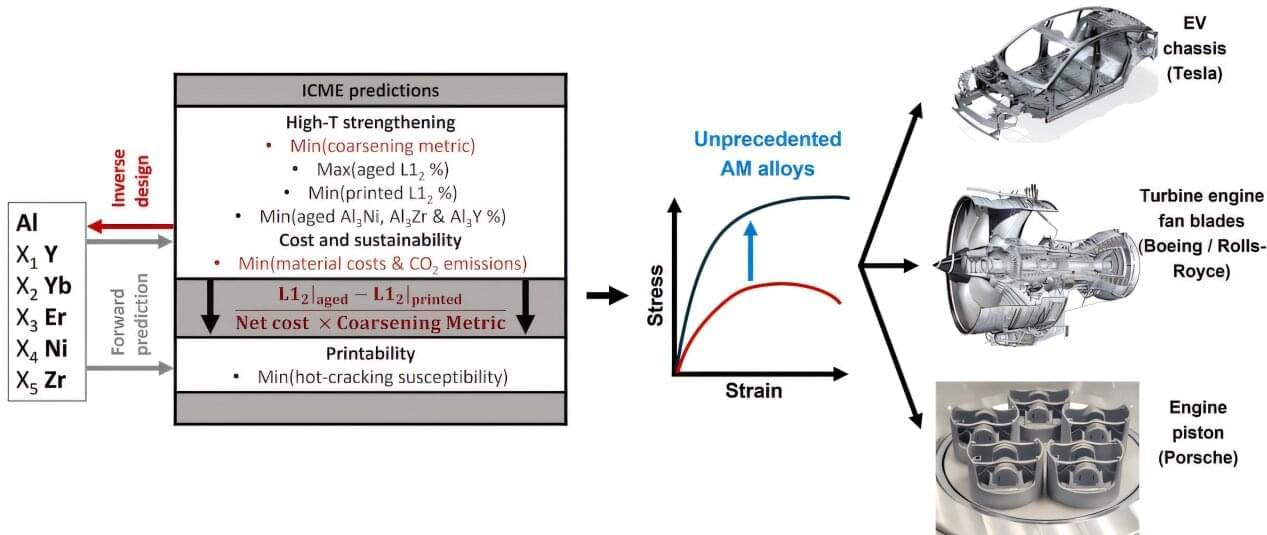A new study suggests that, in the case of global catastrophe, urban agriculture alone could sustain only about one fifth of the population of a temperate, median-sized city, but the whole city could be fed by also farming land within a short distance of the urban area.
Matt Boyd of Adapt Research Ltd, New Zealand, and Nick Wilson of the University of Otago, New Zealand, present these findings in PLOS One.
Abrupt global catastrophes—such as nuclear wars, extreme pandemics, or solar storms—could severely hamper global trade. Shortages of resources like liquid fuels could disrupt food production and transport, possibly leading to famine. Prior research has suggested that this impact could be mitigated by urban agriculture, which includes such approaches as home, community, and rooftop gardens.

